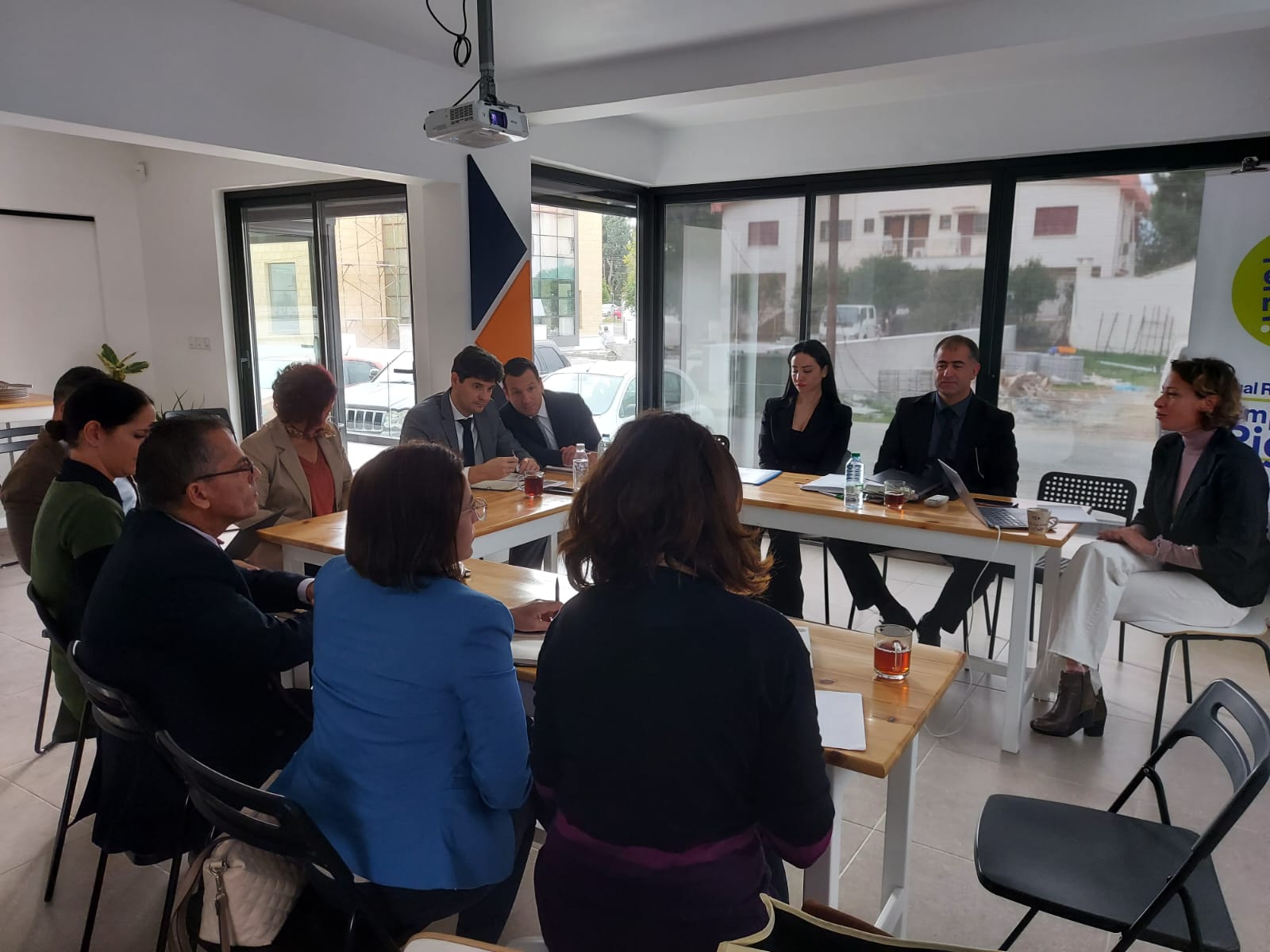
In Türkiye, civil society organizations are often on the frontlines of defending human rights, labor protections, and democratic norms. Yet a new labor-focused report suggests that these same organizations may be failing to uphold those standards for their own employees.
Published by a union, affiliated with the Confederation of Progressive Trade Unions of Türkiye (DISK), the July 2025 report uncovers chronic insecurity and informal employment conditions among nonprofit workers.
The study draws on the experiences of employees across a wide range of associations and foundations, revealing a sector where legal safeguards are often bypassed and basic entitlements are inconsistently applied. From short-term contracts and unpaid benefits to mobbing and the absence of union protections, the findings point to a deep contradiction: rights advocacy in practice often excludes the rights of the advocates themselves.

According to the report, 61% of NGO workers are employed under fixed-term, project-based contracts, despite such arrangements being considered legally exceptional under Turkish labor law. These temporary contracts have effectively become the norm in the nonprofit sector, driven largely by dependency on short-cycle donor funding.
The legal norm of indefinite employment contracts has been effectively eroded, with fixed-term contracts treated as the default option rather than the exception. Many NGOs cite project-based funding structures as the rationale, claiming that limited grant timelines prevent long-term employment. However, this widespread justification has normalized an employment model that systematically undermines job security.
As a result, workers face a precarious professional environment where continuity is uncertain, and organizational loyalty offers little protection. This instability not only weakens employees’ bargaining power but also discourages long-term career development in the civil society field.
Even basic labor entitlements appear to be inconsistently applied. The report shows that in 55% of institutions, no meal support is provided at all, or the support is so minimal that it fails to meet basic daily needs. Similarly, 52% of office-based employees report receiving no transportation allowance, forcing them to cover their daily commuting expenses out of pocket.
These deficiencies extend to more formal benefits. Employees reported that seniority-based raises remain arbitrary, often seen as a “favor” extended at the employer’s discretion. A striking 40% of those who have worked at the same organization for over a decade say they have never received a seniority raise.
Even among higher-income employees, problems persist. The report documents frequent cases where social security premiums were only partially paid—or not paid at all—despite salaries appearing competitive on paper. This practice leaves workers exposed in cases of illness, maternity leave, or retirement, undermining the foundational principles of formal employment.

The contradiction between mission and practice is perhaps most visible in workplace culture. While many organizations formally recognize entitlements such as International Women’s Day (March 8) leave or annual bonuses, employees report that these rights are not reliably implemented across institutions. Some are applied only to certain staff, or withdrawn depending on budget availability, creating an uneven and non-transparent environment.
An alarming 71% of respondents report being assigned tasks beyond their official job descriptions, blurring professional roles and often leading to burnout. These range from unpaid overtime and administrative duties to tasks outside one’s area of expertise or training. In an already under-regulated sector, such practices contribute to widespread dissatisfaction and blurred boundaries between professional expectations and exploitation.
Hiring and wage decisions are also seen as opaque. About 45% of participants believe that merit does not determine recruitment or salary levels in their organizations. Nepotism, donor influence, and internal favoritism are frequently cited as informal but powerful forces shaping hiring outcomes.
Most concerning, however, is the prevalence of workplace harassment. More than half of all respondents (55%) say they have experienced mobbing, discrimination, or other forms of psychological pressure at work. These experiences range from exclusion from decision-making processes to open hostility from managers, often with no internal mechanisms for redress.
Despite these conditions, 62% of civil society workers report not being members of any union. While union membership is technically available to NGO staff, many are unaware of their rights, or work in environments that discourage collective organizing. This lack of organization leaves most workers isolated and vulnerable to managerial discretion.
While Türkiye’s shrinking civic space under political pressure has received international attention, the internal dynamics of civil society have largely escaped scrutiny. The findings of the Sosyal-Is report suggest that civil society’s legitimacy may be undermined from within—by employment models that replicate the very inequalities and insecurities these organizations seek to combat.
These challenges are not isolated or anecdotal. They are structural, widespread, and documented by the very workers that power the country’s rights-based sector. As Türkiye’s NGOs continue to rely on project-based funding, high turnover, limited job stability, and informal management practices have become industry norms.
Without concrete commitments to fair employment, transparent governance, and enforceable workplace protections, civil society risks becoming a mirror image of the systemic failures it was built to resist.
Türkiye’s civil society has long played a vital role in defending rights under challenging conditions. But as the report shows, advocacy is too often carried out by workers denied the very protections they champion for others.